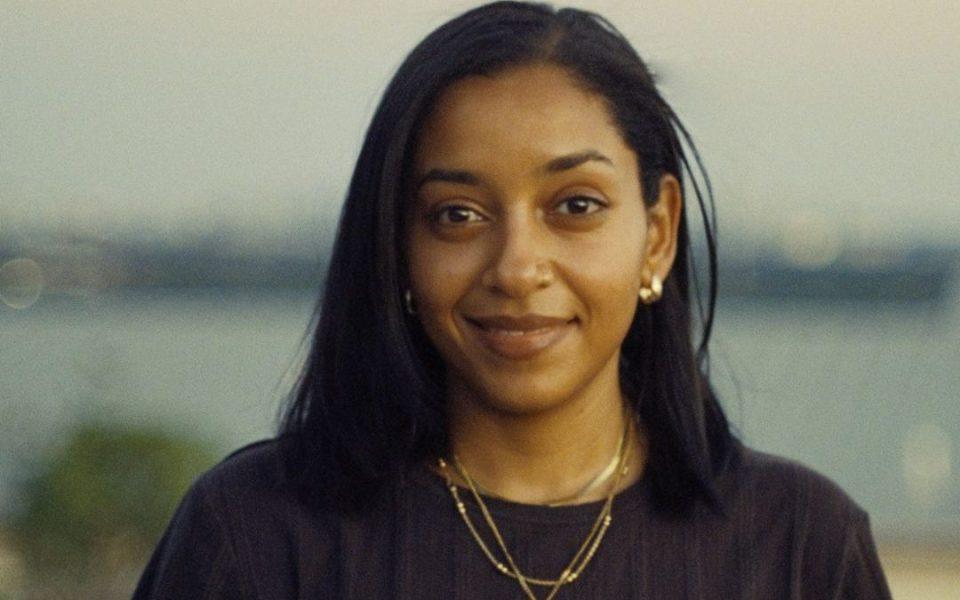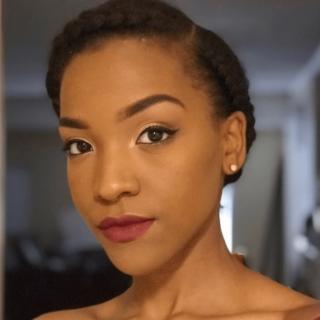RiverRun International Film Festival has named Sudanese filmmaker Fatima Wardy as its first BIPOC Fellow as part of the BIPOC Filmmaker Fellowship, an initiative aiming to “uplift the work of Black, Indigenous and other filmmakers of color.”
As the fellow, Wardy will curate films by filmmakers of color to screen during RiverRun’s 2024 festival.
In 2016, Wardy earned an arts and sciences degree from the University College London, where she found her passion for storytelling. After graduating, she became a breaking-news journalist and documentary maker for BBC London. Now, she’s based in Austin while she earns an MFA in film and media production from the University of Texas at Austin.
Growing up in rural Scotland as the child of Sudanese immigrants, Wardy wasn’t exposed to much diversity in her formative years, an experience that influences her films. In her conversation with TCB, Wardy spoke about diversity in filmmaking, what inspires her and how she works to highlight other filmmakers of color.
How does it feel to be RiverRun’s first BIPOC fellow and to be a point of representation for other BIPOC filmmakers?
I’ve just been grateful to have this opportunity to really learn more about programming for one thing; it’s a type of filmmaking in a way that I haven’t had a chance to do yet. Giving filmmakers exposure can open up doors for them down the line. In a really abstract way, programmers are also filmmakers because they create opportunities for filmmakers to make more work.
It’s a really special program. I’m getting paid to practice a skill I have not practiced before and learn something new about this industry and filmmaking but more importantly, to shine a light on films that I really care about.
As RiverRun’s BIPOC Fellow, you will curate a program of four to six films by Black, Indigenous and other filmmakers of color to screen during the 2024 festival. What kind of films do you wish to include in the program?
I was trying to think of the kind of films I’d like to see. As a Sudanese filmmaker, I would like to one day make films in Sudan. I did a research project last year to investigate what the state of Sudanese filmmaking is like. Currently, our country is going through a civil conflict which means any talk about making films is ridiculous given the fact that there are genocides happening and the capital city has basically been evacuated of citizens. I was just so inspired by these Sudanese filmmakers who are making really incredible work under really difficult circumstances. It occurred to me that if I want to one day make films in Sudan, we need to build an industry for that to happen, and I can’t wait for someone else to do that and I see this program as one way of doing that — bringing attention to the work that these filmmakers are doing. As successful as they’ve been over the years, they’ve never had their work screened in one place.

How does your Sudanese heritage influence your work? What are other sources of inspiration?
A huge point of inspiration for me is my family. My parents were very intentional about making sure we had a strong connection with our homeland and elders. There were oral storytelling traditions that definitely shaped my storytelling modes. The thing that’s inspired me the most in recent years is the fact I got stuck in Sudan during the pandemic. I ended up spending the longest period in my adult life there.
My mom had passed away just before the pandemic, and I went home and then we got stuck there because the borders closed and I ended up spending most of the pandemic taking care of my grandmothers. It was a really lovely time. One of them is no longer with us, but I’m so grateful for the time I got to spend with her. I’m an only daughter, so I don’t really have sisters, but I was able to strengthen my relationships with my cousins and I feel like I have sisters in them too, and a lot of that inspires the work I do, the stories I tell and the scripts that I write.
Why is diversity in filmmaking important?
I’m trying to tell stories for my 16-year-old self, this girl that grew up in this tiny, rural town with mostly white people.
I fell in love with cinema and storytelling and it was a really healing thing as I escaped into that world. I watched all kinds of films that didn’t have people that looked like me at all, but I wondered just how inspiring it would’ve been to have characters that look like her. My inner child is always my first audience.
What is a film I can tell to inspire her or light up her world or make her think about the world differently?
I think that’s what cinema can really do. It can be really powerful to have that representation of your world on a screen.
It’s really important, and it makes you feel connected to the wider world. If you’re lonely in this place where nobody understands your culture or where you’re from, but you have this TV show or web series or a film that tells a story that you see yourself in, that makes you feel less alone in your experience.
Join the First Amendment Society, a membership that goes directly to funding TCB‘s newsroom.
We believe that reporting can save the world.
The TCB First Amendment Society recognizes the vital role of a free, unfettered press with a bundling of local experiences designed to build community, and unique engagements with our newsroom that will help you understand, and shape, local journalism’s critical role in uplifting the people in our cities.
All revenue goes directly into the newsroom as reporters’ salaries and freelance commissions.


Leave a Reply